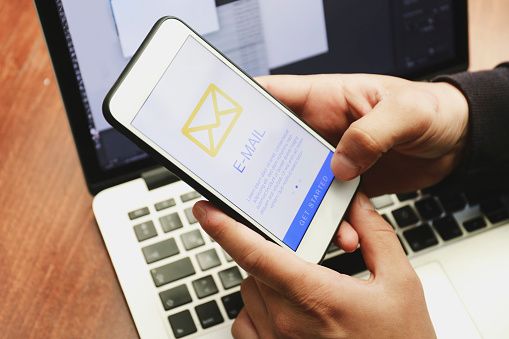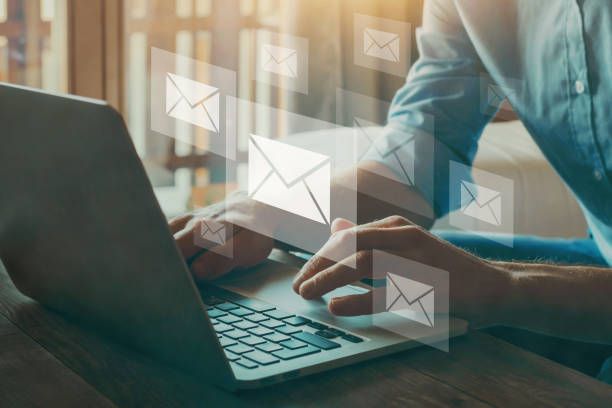Email has become an integral part of our lives, serving as a primary means of communication. However, with the increasing number of cyber threats, it is essential to prioritize the security of our digital communications. One crucial aspect of email security is regularly checking your computer for any vulnerabilities or suspicious activities. In this comprehensive guide, we will explore the best practices, tools, and techniques to ensure your computer is secure and your email communications remain confidential. Stay ahead of potential threats by mastering the art of email check for computer security.
Understanding the Importance of Email Check for Computer Security

Your computer is the gateway to your email accounts, and any vulnerabilities or malware on your system can compromise the security and privacy of your email communications. Performing regular email checks on your computer helps identify potential threats, prevent unauthorized access, and protect sensitive information. By following best practices and using appropriate tools, you can ensure the security and integrity of your email accounts.
Best Practices for Email Check
- Keep Your Operating System and Software Updated: Regularly updating your operating system (OS) and software applications is crucial for maintaining a secure computer environment. Updates often include important security patches that address known vulnerabilities. Enable automatic updates whenever possible or regularly check for updates manually.
- Use a Reliable Antivirus and Anti-Malware Software: Installing a reputable antivirus and anti-malware software on your computer provides an additional layer of protection against potential threats. Keep the software up to date and perform regular scans to detect and eliminate any malicious software or files.
- Use Strong, Unique Passwords: Ensure that you use strong, unique passwords for your email accounts. Avoid using common or easily guessable passwords and consider implementing a password manager to securely store your credentials. Enable two-factor authentication (2FA) whenever possible to add an extra layer of security to your email accounts.
- Be Cautious of Suspicious Emails and Attachments: Exercise caution when receiving emails from unknown senders or unexpected sources. Avoid clicking on suspicious links or downloading attachments from untrusted emails, as they can contain malware or phishing attempts. Always verify the authenticity of the sender before interacting with email content.

Tools and Techniques for Email Check:

- Built-in Security Features: Operating systems and email clients often provide built-in security features to help protect against email-based threats. Explore the security settings and features in your OS and email client to ensure they are properly configured for maximum protection.
- Email Filtering and Spam Protection: Utilize the email filtering and spam protection features provided by your email client or email service provider. These features help identify and filter out potential spam or malicious emails, reducing the risk of interacting with harmful content.
- Email Encryption: Consider using email encryption techniques to enhance the security and privacy of your email communications. Encryption ensures that the content of your emails remains confidential and can only be accessed by the intended recipients. Explore encryption options offered by your email client or third-party encryption tools.
Commonly Asked Questions
How can I check if my computer has been compromised?
To check if your computer has been compromised, look for signs such as sudden system slowdowns, unusual network activity, unexpected pop-up windows, or changes in system settings. Run a thorough scan using antivirus and anti-malware software to detect and eliminate any potential threats.
What should I do if I suspect my email account has been hacked?
If you suspect that your email account has been hacked, take immediate action to secure it. Change your password, enable two-factor authentication, and scan your computer for malware. Notify your email service provider and consider contacting any affected parties to alert them of the situation.
Are there any specific tools to check for email security?
Yes, there are several tools available to check for email security. These include antivirus and anti-malware software, email encryption tools, and email filtering features provided by email clients or service providers. Research and select tools based on your specific needs and requirements.
Conclusion:
Securing your computer is crucial to maintaining the integrity and privacy of your email communications. By implementing best practices, utilizing reliable tools, and following proactive email check routines, you can reduce the risk of security breaches and ensure your confidential information remains safe. Stay vigilant, stay informed, and protect your digital world with an effective email check for computer security.

